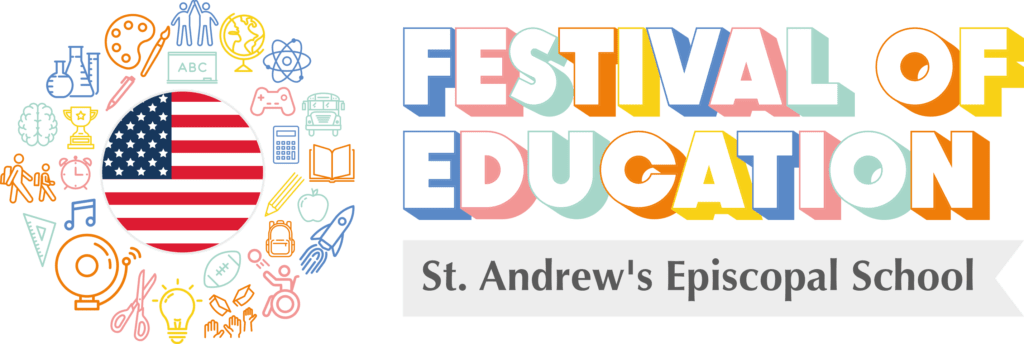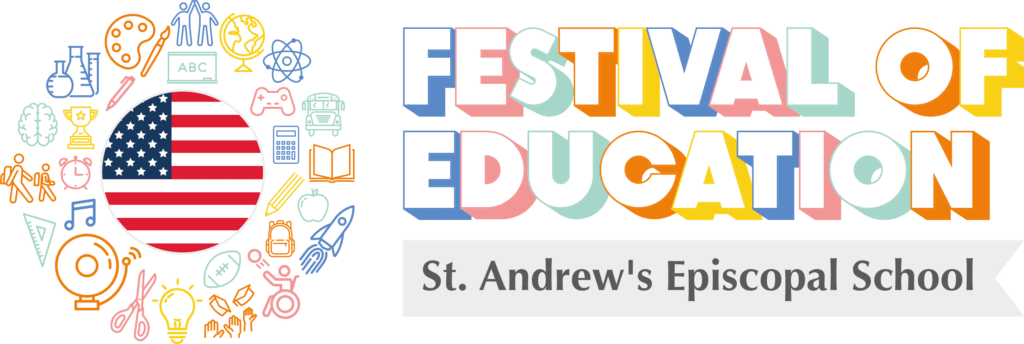What Your School-Based Research Center Could Look Like
Imagine a space in your school or district where research and practice converge to drive continuous improvement. In this session, you will learn about four replicable models for creating a school-based research center. Learn how these models can empower teachers and students to engage in research that enhances instruction, deepens learning, and answers educational questions your school or district is grappling with. Leaders from the Peter Clark Center of Mind, Brain, and Education, the Tang Institute, The Center for Teaching and Learning, and the Kravis Center for Excellence in Teaching will share the journeys of each of their centers. Participants will leave this session with a toolkit of ideas and practical steps to begin building or enhancing their own research center.
Sara Deveaux
Director, Henry R. Kravis ’63 Center for Excellence in Teaching, Loomis Chaffee School
Ryan Clinesmith Montalvo
Project Manager, Tang Institute
Justin Cerenzia
Executive Director of The Center for Teaching & Learning, The Episcopal Academy
Sarah Flotten
Peter Clark Center




Because the Research Says So”: How to Evaluate ‘Research-Based’ Teaching Advice
Teachers regularly receive advice that “comes from brain research.” How can we distinguish between reliable research-based teaching advice, and the advice based on hunches and misrepresentations?
This talk offers specific, practical strategies. When teachers know the questions to ask, the web resources to check, and the research headings to explore, we can ensure that research-based advice truly deserves our trust. The result: reliable teaching guidance that fits our classroom, our curriculum, and our students.
Andrew Watson
President, Translate the Brain




